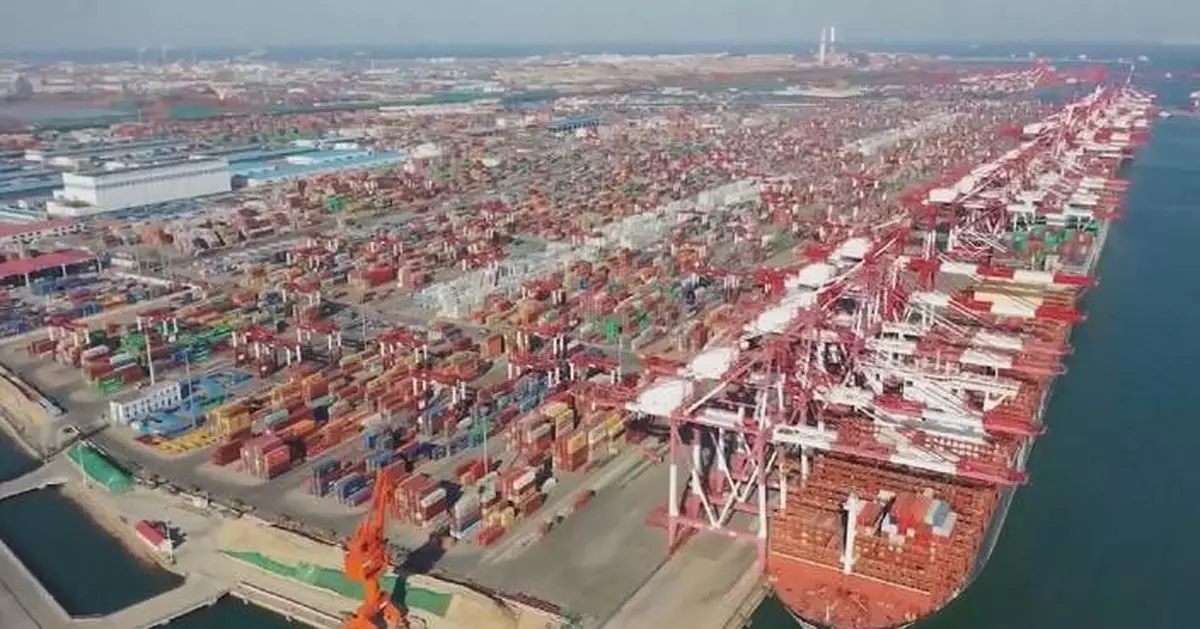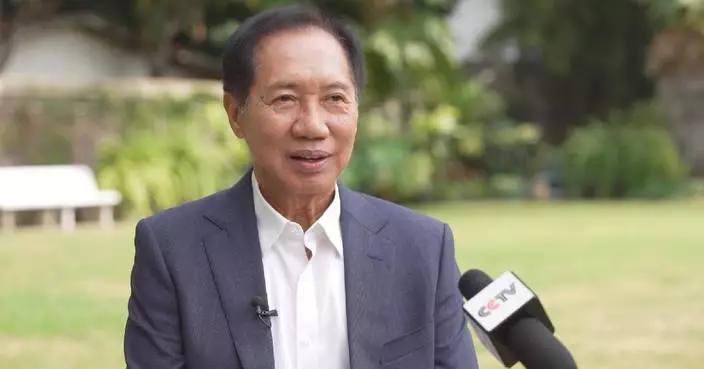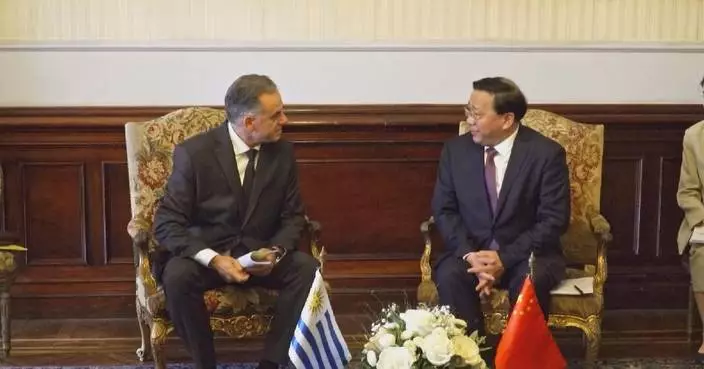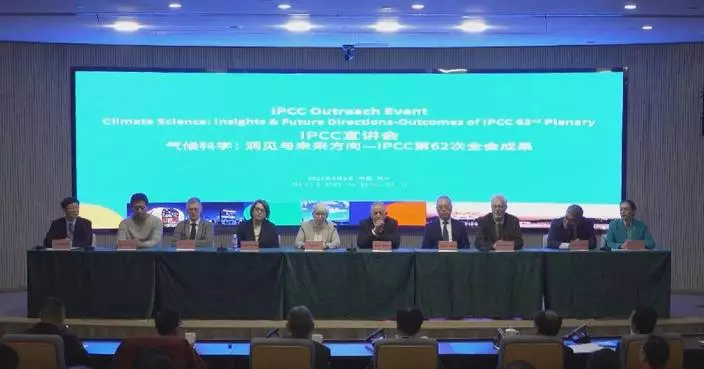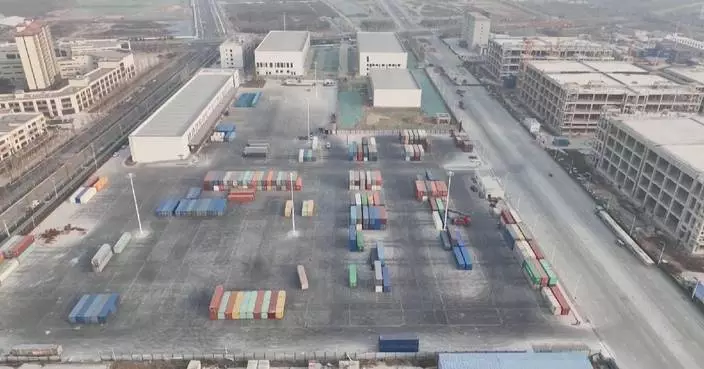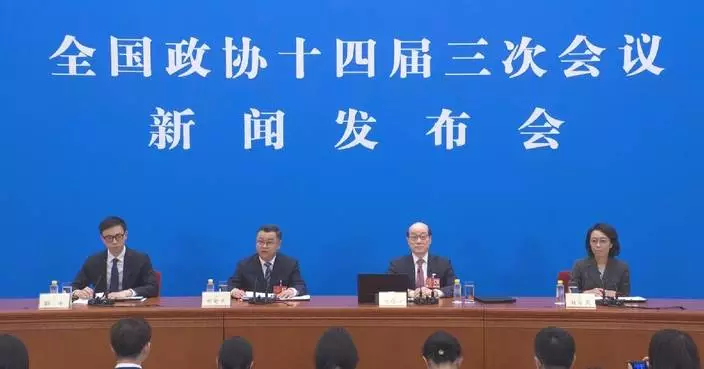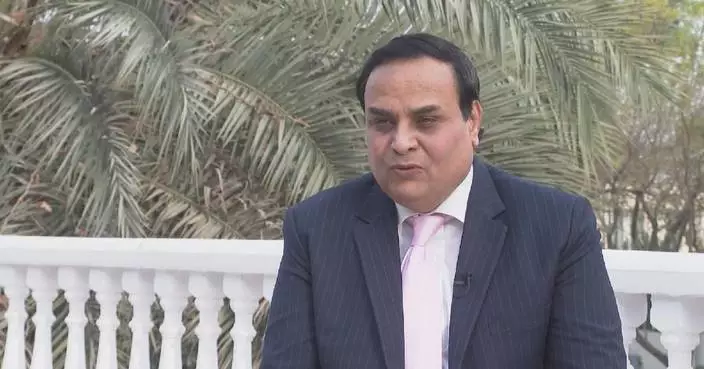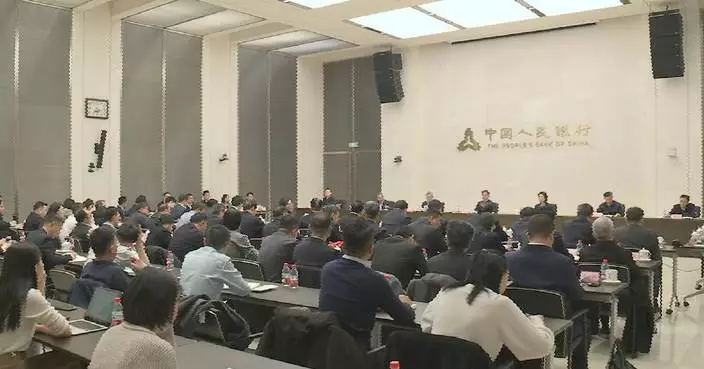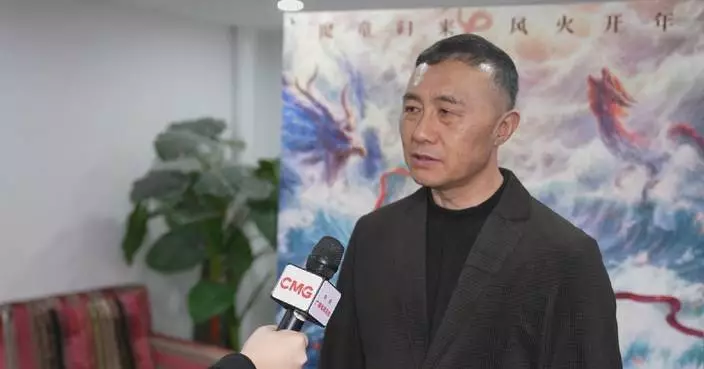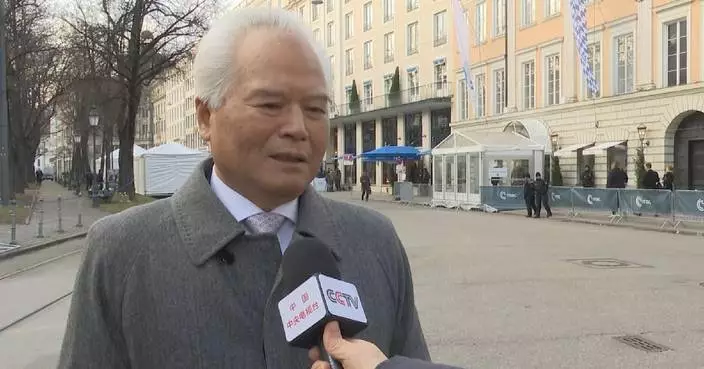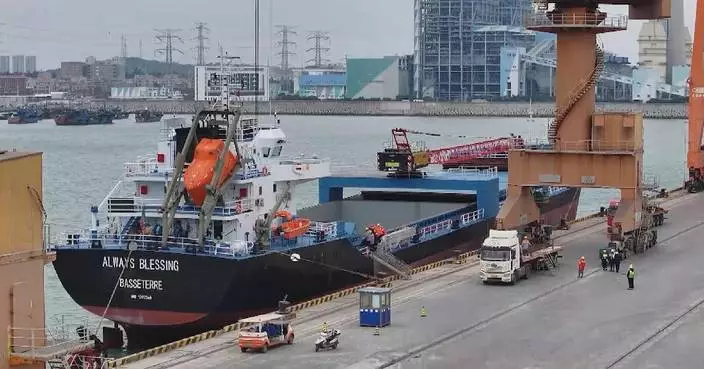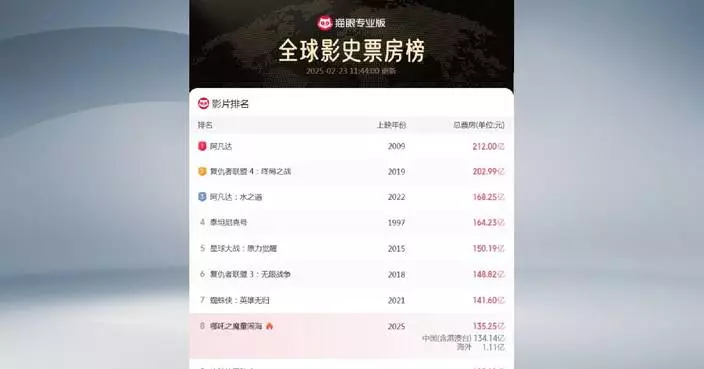China will adjust the import tariff rates and items on certain goods starting from Jan. 1, 2025, in an effort to expand domestic demand and advance high-standard opening up, authorities announced Saturday.
Provisional import tariffs, lower than the most-favored-nation rates, will be applied to 935 commodities next year as part of the annual tariff adjustment plan. This plan "will help increase the imports of quality products," according to a statement from the Customs Tariff Commission of the State Council.
In order to support the development of new quality productive forces led by sci-tech innovation, the import tariffs on cycloolefin polymers, ethylene-vinyl alcohol copolymers, and automatic transmissions for special-purpose vehicles such as fire trucks and repair vehicles will be reduced; In order to improve people's livelihood, the import tariffs on sodium zirconium cyclosilicate for medicine, viral vectors for CAR-T tumor therapy, and nickel-titanium alloy wires for surgical implants will be reduced; In order to promote green and low-carbon development, the import tariffs on ethane and some recycled copper and aluminum raw materials will be reduced.
In order to expand the global high-standard free trade zone network, China will implement agreed tariff rates on some imported goods originating from 34 countries or regions in 2025, under the guidance of 24 free trade agreements and preferential trade arrangements.
The announcement said that to support the least developed countries, the 43 least-developed countries with diplomatic relations with China will benefit from zero tariffs on 100 percent of the items imported by China.
In 2025, China will also continue to implement preferential tariffs on some imported goods originating from Bangladesh, Laos, Cambodia and Myanmar in accordance with the Asia-Pacific Trade Agreement and the intergovernmental exchange of notes between China and relevant ASEAN member states.
"Actively building a global free trade zone network is a manifestation of our commitment as a major country to uphold the multilateral trade system and WTO rules. We will promote the world to further develop towards globalization and multilateralism to serve the vision of a community with a shared future for mankind," said Gao Lingyun, a research fellow with the Institute of World Economics and Politics under the Chinese Academy of Social Sciences.

China to adjust import tariff rates, items on certain goods for 2025
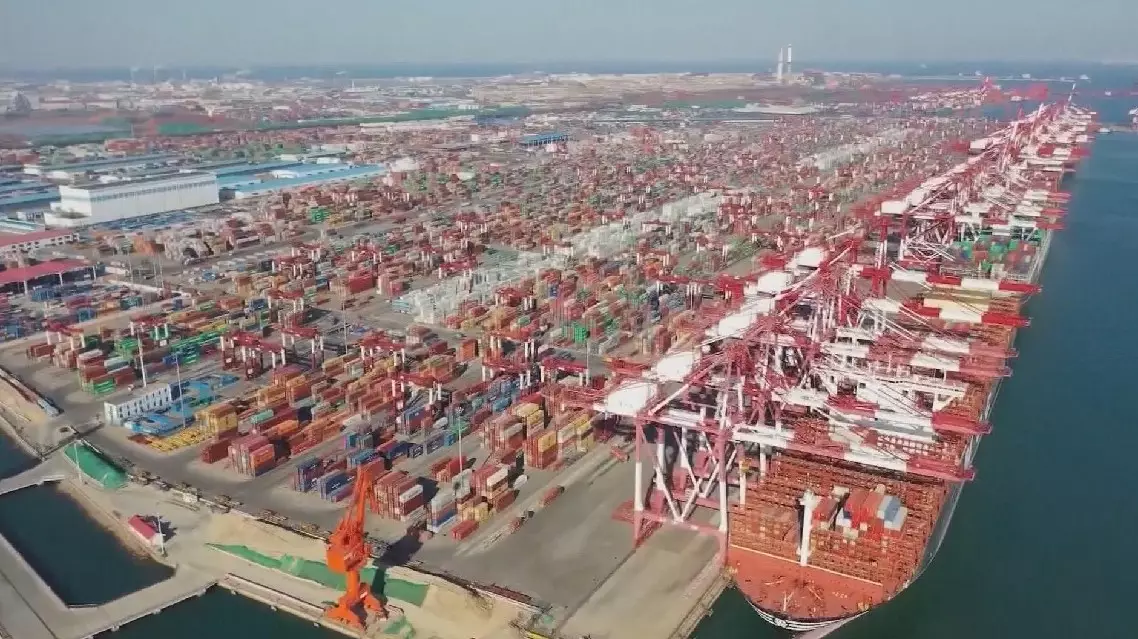
China to adjust import tariff rates, items on certain goods for 2025
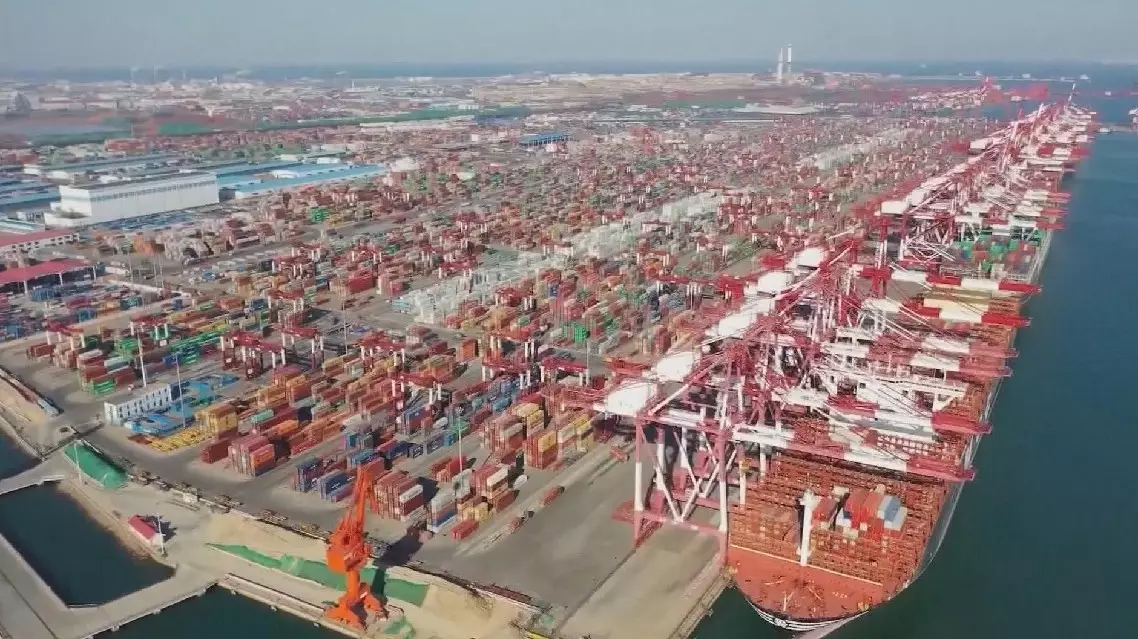
China to adjust import tariff rates, items on certain goods for 2025
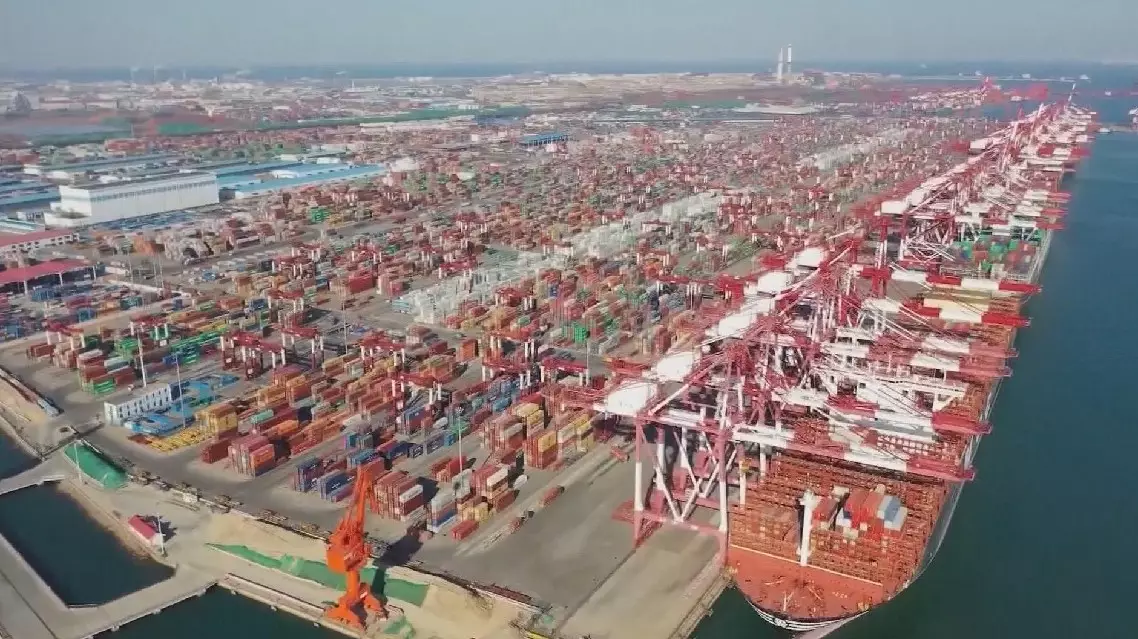
China to adjust import tariff rates, items on certain goods for 2025
The National Committee of the Chinese People's Political Consultative Conference (CPPCC), the country's top political advisory body, held a press conference at the Great Hall of the People in Beijing on Monday afternoon, one day before its annual session.
The third session of the 14th CPPCC National Committee is scheduled to run from March 4 to 10, Liu Jieyi, the session's spokesman, announced at the press conference.
According to Liu, more than 2,000 members will attend the annual session to provide advice on major national policies and key issues spanning economic, political, cultural, social, and ecological development.
The spokesman briefed the media on the National Committee of the CPPCC's achievements over the past year, as well as its goals for improving national development and people's livelihoods.
Noting that economic issues have always been a priority for the CPPCC in fulfilling its duties, Liu said the CPPCC National Committee has actively provided suggestions and insights on a range of major economic topics over the past year, contributing to economic recovery and progress through substantial and effective efforts.
He highlighted efforts over the past year to promote traditional culture, further open up the economy, integrate education with scientific progress, maintain global peace and stability, and advance green development.
The press conference brought together many journalists from outside the Chinese mainland, with several from Africa stating that they are covering the 'two sessions' to explore what insights their countries can gain from China's political system and its foreign policy agenda regarding Africa.
"I'm here to learn what is done here in China, and how, for example, what is told here can be reproduced in our countries, and to know the similarities and the differences we have in our politics," said Fatou Ndiaye, a journalist from Senegal.
"I'm looking forward to hearing what China has planned for the developing world in terms of Sino-African relations," said Brian Ngugi, a journalist from Kenya.
Alex McCutcheon, a journalist from China's Hong Kong Special Administrative Region, said he will focus on China's achievements and plans for sci-tech advancements and applications as he covers the annual session.
"Also, anything related to science and technology, anything that's going to help to improve the transformation from research results into actual real-life improvements on people's lives," he said.
The "two sessions" refer to the annual meetings of China's top legislature, the National People's Congress (NPC), and the CPPCC National Committee, which are scheduled to open on March 5 and March 4, respectively.
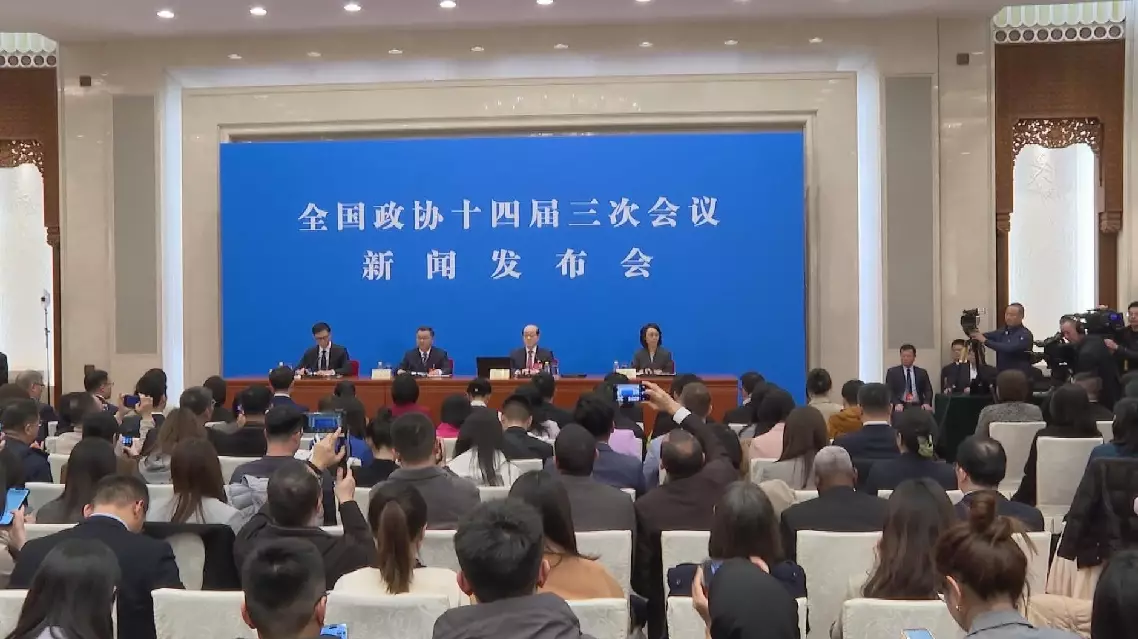
China’s top political advisory body holds media briefing ahead of annual session






